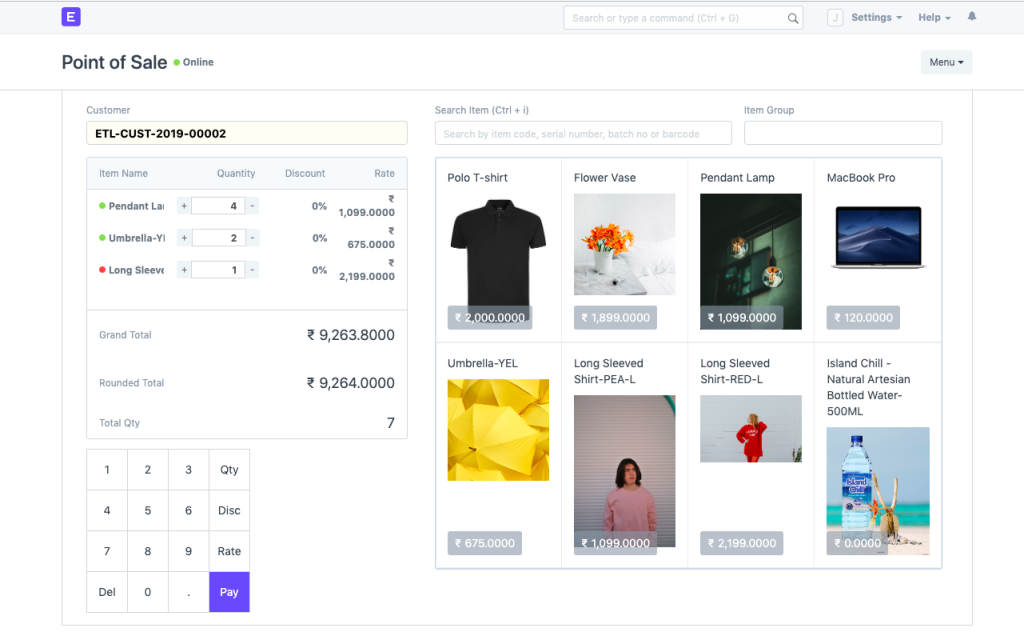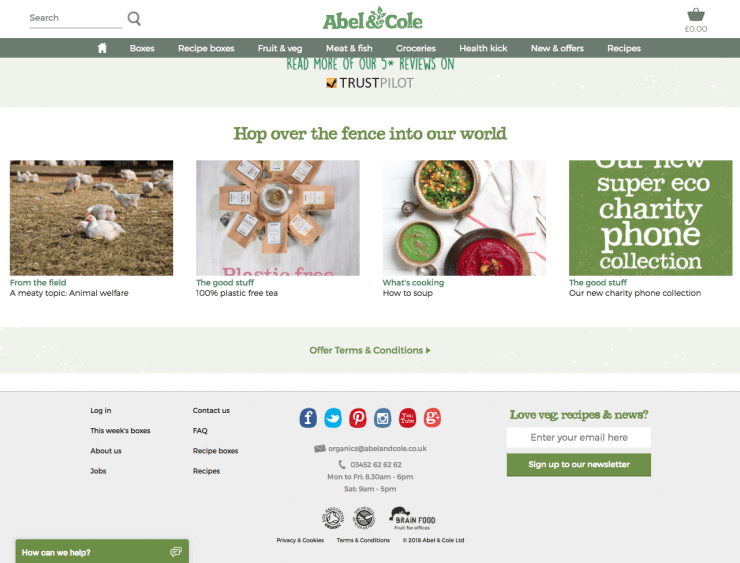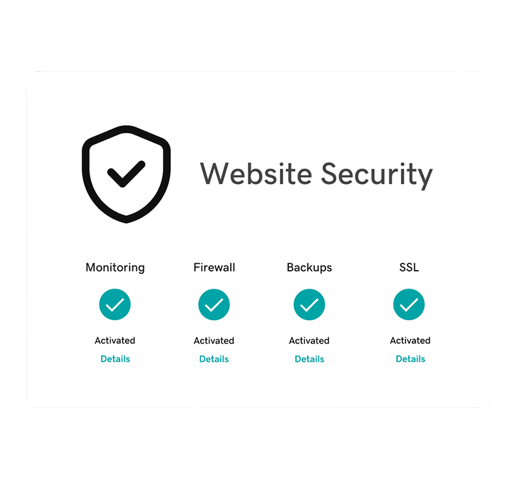In today’s digital age, having a successful ecommerce website is essential for businesses looking to thrive in the online marketplace. To ensure a smooth and flawless user experience, it is crucial to incorporate key ecommerce website features that enhance functionality, security, and convenience.
Let’s explore the 10 must-have features for ecommerce website:
An Appealing Storefront

The storefront is the virtual front door feature for your ecommerce website. It is the first impression customers have of your brand, products, and services. To create an appealing storefront, consider the following:
- Visually appealing design: Utilize a clean and modern layout that represents your brand and creates an inviting atmosphere for customers.
- Easy navigation: Implement intuitive menus and search functionality to help customers find products quickly and easily.
- Clear product categorization: Organize your products into relevant categories and subcategories to simplify the browsing and purchasing process.
Payments

A smooth and secure payment system is an essential feature for ecommerce websites to build trust with customers and facilitate seamless transactions. Consider the following payment features:
- Multiple payment options: Integrate popular payment gateways, such as PayPal, Stripe, or Braintree, to offer a variety of payment methods, including credit cards, digital wallets, and bank transfers.
- Secure checkout process: Utilize SSL certificates and encryption protocols to ensure the safety of customer payment information during the checkout process.
- Guest checkout: Provide the option for customers to make purchases without creating an account, reducing friction and enhancing convenience.
Shipping

Efficient shipping options are a crucial feature for ecommerce websites for customer satisfaction and timely order fulfillment. Consider the following shipping features:
- Multiple shipping methods: Offer various shipping options, including standard, expedited, and international shipping, to cater to different customer preferences.
- Real-time tracking: Integrate a tracking system that allows customers to monitor the progress of their shipments, providing transparency and peace of mind.
- Automated shipping calculations: Implement a system that calculates shipping costs based on factors like weight, destination, and shipping method, eliminating manual calculations and potential errors.
Store Management

Another important ecommerce website features is an Effective store management features are essential for streamlining operations and ensuring efficient order processing. Consider the following store management features:
- Inventory management: Implement a system that tracks and manages product inventory, providing real-time updates on stock levels and enabling automated notifications for restocking.
- Order processing: Streamline the order fulfillment process, including order confirmation, packaging, and shipment, to ensure prompt delivery and customer satisfaction.
- Customer relationship management (CRM): Utilize CRM tools to manage customer data, track interactions, and provide personalized experiences and targeted marketing campaigns.
Reports and Analytics

Comprehensive reports and analytics provide valuable insights into your ecommerce performance and enable data-driven decision-making. Consider the following features:
- Sales tracking: Monitor sales data, including revenue, conversion rates, and average order value, to identify trends, measure success, and make informed business decisions.
- Customer behavior analysis: Gain insights into customer preferences, browsing patterns, and purchase history to personalize marketing efforts and enhance customer experiences.
- Marketing campaign performance: Measure the effectiveness of marketing campaigns through tracking and analytics, allowing you to optimize strategies and allocate resources wisely.
This is one of the most important ecommerce website feature any business owner should look onto before choosing an ecommerce website builder for their busines
Store Design

A visually appealing and user-friendly store design is at the heart of all of the ecommerce website features. A good Store Design enhances the overall shopping experience and reflects your brand identity. Consider the following store design features:
- Customizable templates: Choose a flexible ecommerce platform that offers customizable templates or themes, allowing you to create a unique and branded store design.
- Responsive design: Ensure your website is optimized for various devices, including desktops, tablets, and smartphones, providing a seamless experience across different screen sizes.
- Visual consistency: Maintain a consistent design theme throughout your website, including colors, fonts, and imagery, to create a cohesive and professional look.
Security

Building trust and ensuring the security of customer information are paramount in ecommerce. Consider the following security features:
- SSL certificates: Implement Secure Sockets Layer (SSL) certificates to encrypt customer data during transmission, safeguarding against unauthorized access.
- PCI compliance: Adhere to Payment Card Industry Data Security Standard (PCI DSS) requirements to protect customer payment information and maintain secure payment processes.
- Regular security audits: Conduct regular security audits to identify vulnerabilities, patch security loopholes, and ensure ongoing protection against potential threats.
Security is a feature for ecommerce website that holds very high weightage for consideration while deciding for an ecommerce website builder.
Maintenance

Maintaining a website regularly is crucial for optimal performance, security, and user experience. Consider the following maintenance features:
- Software updates: Keep your ecommerce platform, plugins, and extensions up to date to ensure compatibility, security patches, and access to the latest features.
- Backup and recovery: Regularly back up your website data, including product information, customer data, and configurations, to prevent data loss in case of emergencies or system failures.
- Website optimization: Optimize website speed, responsiveness, and loading times to provide a seamless and enjoyable browsing experience for customers.
Easy Navigation

Intuitive navigation is an essential feature for ecommerce websites for guiding customers through your website and making their shopping experience effortless. Consider the following features:
- Clear menu structure: Organize your website’s main navigation menu logically, categorizing products and services for easy access.
- Search functionality: Implement a robust search feature that allows customers to find products by keywords, filters, or attributes, improving the overall usability of your website.
- Breadcrumb trails: Include breadcrumb navigation to show users their location within your website’s hierarchy and enable easy navigation back to previous pages.
Customer Support

Offering exceptional customer support can set your ecommerce website apart from competitors. Consider the following features:
- Live chat: Provide a live chat feature that enables customers to ask questions, seek assistance, or address concerns in real-time.
- Help center or FAQs: Create a comprehensive help center or frequently asked questions (FAQs) section to address common customer inquiries and provide self-service resources.
- Contact information: Display clear and accessible contact information, including phone numbers and email addresses, allowing customers to reach out for assistance when needed.
Conclusion
Building a smooth and flawless ecommerce website requires careful consideration of key features that enhance functionality, security, and user experience.
By incorporating storefront design, seamless payments, efficient shipping options, robust store management, detailed reports and analytics, appealing store design, top-notch security measures, regular maintenance, intuitive navigation, and excellent customer support, you can create an ecommerce website that drives customer satisfaction, boosts conversions, and ensures long-term success in the online marketplace.

